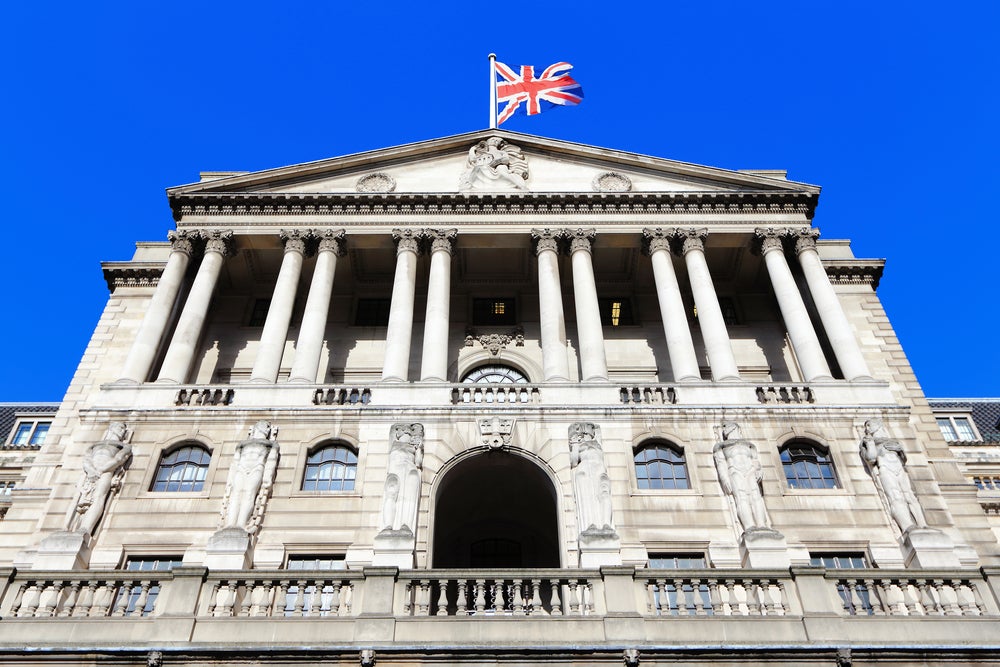
On the upcoming Monetary Policy Committee meeting on 3 February 2021, the Bank of England (BoE) is expected to increase its central interest rate for a second consecutive time after last December, in an effort to control high inflation.
While this hawkish approach seems too early and too radical compared to the monetary policy of other large economies, there are more reasons to vote in favor than against it.
The forces that drive inflation (energy prices and supply chain issues) are to persist, regardless of the performance of other macroeconomic figures, thus raising interest rates can only relieve price pressure. Moreover, by prolonging a loose monetary policy as the UK economy continues to operate at full capacity, the risk of overheating is greater than that of a slowdown, while savings would be increasingly diluted with the economy trapped in debt.
High inflation will persist due to energy costs and supply chain disruption
Higher energy costs, supply chain issues and resurgent demand have been driving consumer prices higher. UK Inflation (CPI) reached a 30-year high in December 2021, up by 5.4% in annual terms, nearly three times higher than the BoE’s target of 2%.
What is more concerning, is that energy costs and supply chain disruption have not been transitional effects as part of resurgent demand; these are inflationary forces that are set to persist. Such a condition could either weigh on future demand, eventually slowing economic growth, or it could result in a disastrous inflationary spiral if money supply is not tightened.
Stronger pound to relieve pressure on prices
Higher interest rates can also strengthen the pound sterling, given that other major economies are more reluctant to tighten their monetary policy as soon as the UK. Subsequently, the likely appreciation of the pound against the Euro, Dollar and other currencies, would mean that food and fuel imports on which the UK is largely reliant will become cheaper.
How well do you really know your competitors?
Access the most comprehensive Company Profiles on the market, powered by GlobalData. Save hours of research. Gain competitive edge.

Thank you!
Your download email will arrive shortly
Not ready to buy yet? Download a free sample
We are confident about the unique quality of our Company Profiles. However, we want you to make the most beneficial decision for your business, so we offer a free sample that you can download by submitting the below form
By GlobalDataThe risk of overheating is higher than that of slowing down the economy
The job market has performed more strongly than expected, as unemployment continued to fall even after the end of the furlough scheme. According to latest figures, the unemployment rate stood at 4.1% as of November 2021, close to pre-pandemic levels, indicating that the economy is hitting supply-side constraints. Indeed, the UK economy is in good shape to calm fears of a slowdown caused by restricting money supply, while consumer and business confidence is improving as the Omicron-wave recedes.
Wage growth may not have caught up yet with inflation, eventually squeezing the purchasing power of consumers, but it is more likely to do so than not. Wage growth has been faster than it was before the pandemic – 5.3% growth on monthly earnings (excluding bonuses) on average in 2021 – showing early signs of a stronger wage growth in the coming years as high inflation triggers higher pay demands.
Thereby, maintaining a loose monetary policy would overheat the economy; as soon as wages catch up with inflation, inflation will be further reinforced, creating a destructive vicious circle.
Debts can be managed – support of investment through savings is urgent
Higher interest rates bring higher debt service for households, businesses and the government, but as the economic outlook remains positive, this pitfall can be overcome. As long as interest rate changes are small as 0.25% and gradual, unsustainable debt should not increase.
In fact, after a long period of uncertainty, it is time to stimulate investment by utilizing savings instead of a new money supply to sustainably support economic growth. This seems urgent as the prolonged uncertainty and the ultra-low interest rate environment have deterred investment, piling a huge amount of cash reserves, which are increasingly diluted by inflation.





